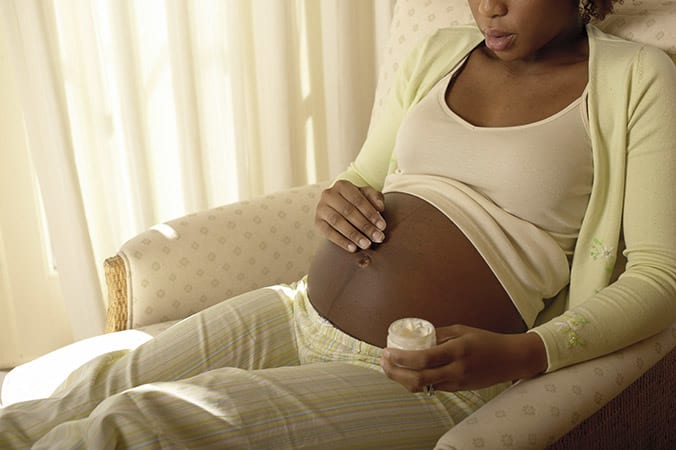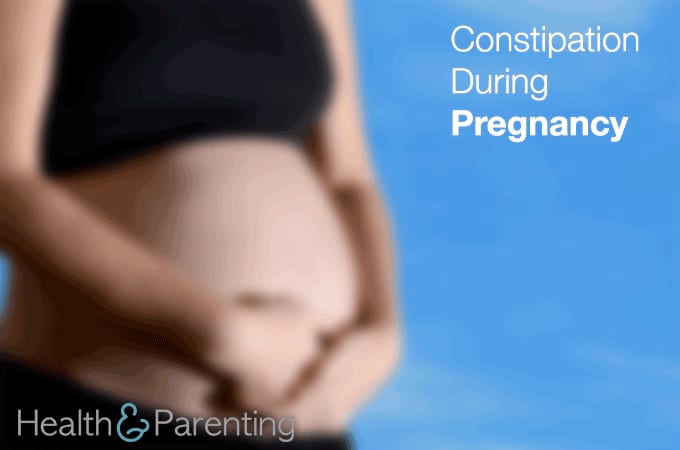Zika virus is spread by mosquitoes that can cause mild illness for those exposed. Zika virus infection is also associated with Guillain-Barré syndrome where a person’s nervous system attacks itself, causing weakness and possibly paralysis. For pregnant women Zika virus can cause birth defects in the developing fetus, such as microcephaly, impaired growth, or vision or hearing problems. Babies with microcephaly have heads smaller than expected for their age, and often have brains that are smaller and underdeveloped. Zika virus has also been linked to miscarriage and stillbirth. Experts do not know the probability of Zika virus exposure on the developing fetus. Transmission of Zika virus to the fetus has been documented in all trimesters of pregnancy. One study suggested that microcephaly would occur in 1%-13% of babies born to mothers infected in the first trimester (Cauchemez 2016). A recent study from Brazil found abnormal outcomes including stillbirth, growth restriction, and microcephaly in 29% of fetuses of Zika-infected mothers in all trimesters (Brasil 2016).
Mosquitoes carrying the Zika virus have been found in Central and South America, the Caribbean, Southeast Asia, a number of Pacific island countries, several African countries, and in the southern United States. Experts predict that the virus will continue to spread. You can find a list of countries with high, moderate and low risk of exposure to Zika here or here.
What are the symptoms?
Symptoms and signs of a Zika virus infection include fever, rash, joint and muscle pain, and eye redness. The incubation period (the time from being bitten until symptoms appear) for Zika virus is 3 to 14 days. Symptoms typically last for several days to a week. For most people, Zika virus is a very mild illness not requiring hospitalization and with no long-lasting complications.
To diagnose Zika virus, your doctor will ask about your travel history and symptoms. The virus can be confirmed with blood or urine tests. Most people with Zika virus have no signs or symptoms. So, if you have traveled or live in an area with the virus, testing may be recommended.
There are no immunizations to prevent a Zika virus infects, nor are there medications to treat Zika virus. Treatment typically consists of comfort measures for symptoms, such as rest, hydration and acetaminophen / paracetamol for symptom relief. Avoid aspirin or nonsteroidal anti-inflammatory medications.
If you are currently pregnant
Experts suggest that pregnant women cancel or postpone any non-essential travel to areas of the world where Zika virus is widespread. Experts don’t know if there is a time during pregnancy when travel to these areas is more dangerous compared to an earlier or later point in pregnancy. If you live in or travel to an area with Zika virus, your healthcare provider may recommend a blood test to assess your Zika status and a baseline ultrasound to check your baby’s growth. These tests can also rule out other related infections (such as dengue or chikungunya viruses).
If you must travel or if you live in an area where Zika is prevalent, healthcare providers recommend protecting yourself from bug bites by using an insect repellent containing DEET (The recommended concentration of DEET varies from country to country so you should discuss this with your healthcare provider), picaridin, oil of lemon eucalyptus, para-menthane-diol and IR3535. These products are safe for use during pregnancy and breastfeeding.
Other measures to protect yourself include:
- Wear light colored, long sleeved shirts and long pants, preferably treated with an insect repellent
- Use screens on windows and doors
- Use a mosquito net around the bed for sleeping
- Use air conditioning, if possible
- Get rid of any standing water in buckets, pools, bird baths, etc. as these serve as a breeding ground for mosquitos
Zika virus can be spread with sexual contact, if you are currently pregnant, experts recommend using a condom (for intercourse) or a dental dam (for oral sex) or abstaining from sex altogether until after the baby’s birth.
If you are trying to become pregnant
While the decision to start a family is a personal one, discussing risk factors with your healthcare provider before conception can improve pregnancy outcomes, especially if you live in or visit an area with widespread the Zika virus.
Whether you live in an area with the Zika virus, or you have visited and may have been exposed, experts recommend:
- If you have Zika symptoms …
- Women should wait at least 8 weeks after symptoms start before trying to conceive.
- Men should wait at least 6 months after symptoms start before trying to conceive.
- If you have no Zika symptoms …
- Women and men should wait 8 weeks after exposure to try to conceive.
If your partner has traveled
If your partner has recently traveled to an area of the world where Zika virus exposure is possible, then he or she could possibly infect you, which may adversely affect your baby. If he does not have Zika virus symptoms, wait at least 8 weeks before trying to conceive. If he has Zika virus symptoms, wait at least 6 months before becoming pregnant. If you are already pregnant, use a condom to prevent exposure, or avoid sexual contact until your baby is born.
If you (or your partner) have traveled to an area with Zika virus, continue using insect repellent for several months after your return so mosquitoes cannot transfer the virus from you to your family.
Can I transfer the virus to my baby at birth?
If you have been exposed to Zika virus within 2 weeks of giving birth, there is a chance that the virus can be transmitted to your baby during the birth process, though experts do not know for sure if a newborn infected with Zika will experience the same types of problems as a fetus would.
If you have or may have had Zika virus, you should not save your baby’s cord blood as it could be infected with Zika virus.
What if I am breastfeeding?
While components of the Zika virus have been found in breastmilk, no cases of Zika virus attributed to breastfeeding have ever been recorded. If you are nursing, breastmilk is still the best choice even if you have been exposed to Zika virus. Your body may be making antibodies to your exposure that will be protective for your baby – but we don’t know for sure.
Can my baby get Zika virus? How can I protect him or her?
The most common way for babies and children to become infected with Zika virus is through mosquito bites. You can protect your baby by:
- Dressing your baby in clothes that cover the arms and legs.
- Use mosquito netting over the crib, stroller, and baby carrier.
- Control mosquitoes around your home with screens on windows and doors, and by removing any standing water.
Experts caution that you should not use insect repellent on babies younger than 2 months of age (or longer, depending on the product).
If your child develops Zika virus symptoms, take your child to the healthcare provider. Symptoms may include fever, rash, joint pain, or red eyes.
Where can I find more information?
World Health Organization http://www.who.int/mediacentre/factsheets/zika/en/
US Centers for Disease Control https://www.cdc.gov/zika/pregnancy/
UK NHS http://www.nhs.uk/conditions/zika-virus/Pages/Introduction.aspx
References
Brasil P, Pereira JP Jr, Raja Gabaglia C, Damasceno L, Wakimoto M, Ribeiro Nogueira RM, et al. Zika virus infection in pregnant women in Rio de Janeiro – preliminary report. N Engl J Med 2016; DOI: 10.1056/NEJMoa1602412.
Cauchemez S, Besnard M, Bompard P, Dub T, Guillemette-Artur P, Eyrolle-Guignot D, et al. Association between Zika virus and microcephaly in French Polynesia, 2013-15: a retrospective study. Lancet 2016; DOI: 10.1016/S0140-6736(16)00651-6.
This information is not intended to replace the advice of a trained medical doctor. Health & Parenting Ltd disclaims any liability for the decisions you make based on this information, which is provided to you on a general information basis only and not as a substitute for personalized medical advice. All contents copyright © Health & Parenting Ltd 2017. All rights reserved.




















